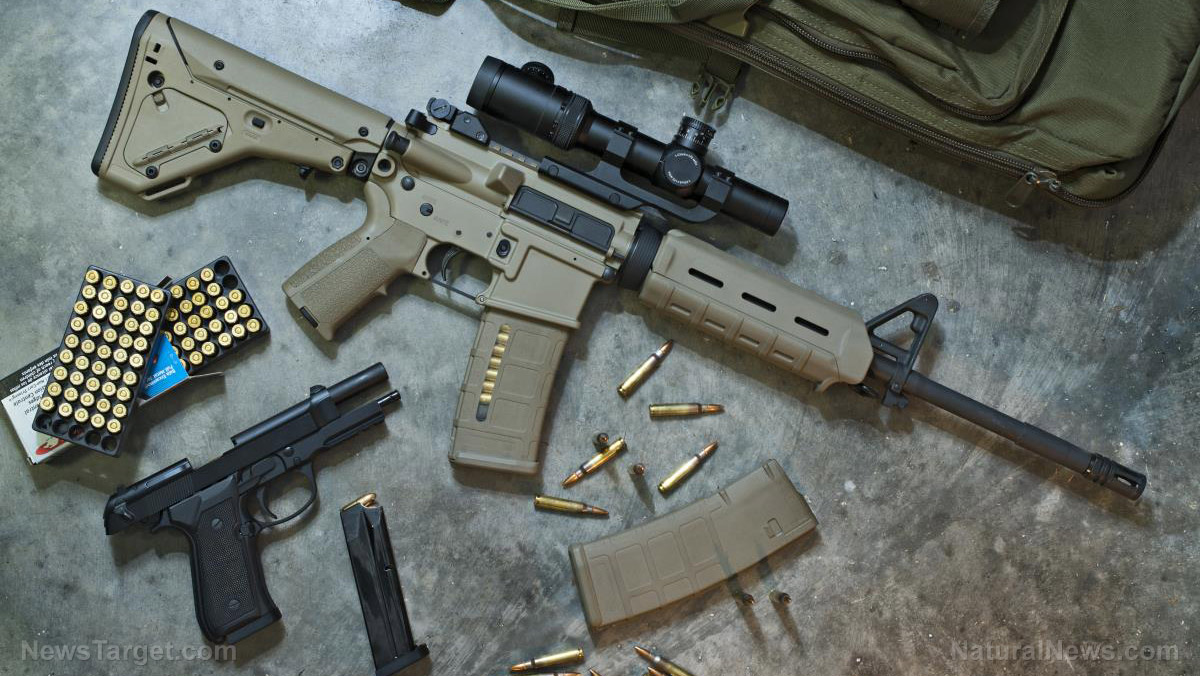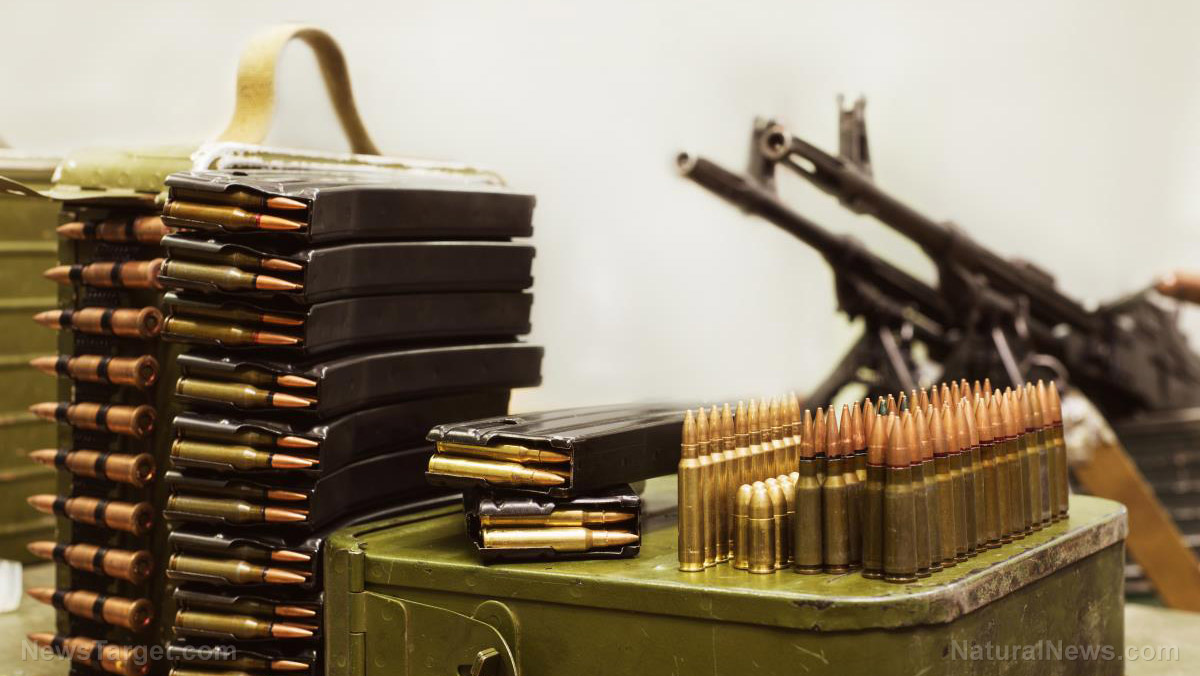
It’s difficult to name a material that’s not made of either wood or metal. That’s a good thing, since the two can double up as handy materials during a SHTF scenario.
But that also raises an important question: How can you efficiently use either wood or metal in a survival situation? Finding the answer to this question can help you better understand these materials and potentially save your life.
Here are some pointers to consider when using the two. (h/t to SHTFDad.com)
1. When it comes to traps, metal has got wood beat.
Many things will fly off the shelves when SHTF – one of them being food. Most preppers will have stored food items, but smart ones will also have placed traps to catch wildlife and get their protein.
Aside from having the skills to properly set up leg traps and snares, it’s also important to build traps that can be used over and over again. Of course, you can make some out of wood, but these will never be a great as their metal counterparts. Metal traps are sturdier and can be used repeatedly, while wood traps are known for being unreliable since they easily break down. Animals are also known to get out of wood traps by chewing on them.
One example of a great metal trap is the DF-4 deadfall trap, one of the first traps that people will attempt to build. Here’s a video that shows you how to make one:
A trap made out of metal ensures that you don’t have to build your trap from scratch every time. It’s also able to hold more weight than a wooden deadfall trap.
2. Wood is lightweight, making it great for long hikes.
Metal makes for great traps, but when it comes to long-term survival, wood has more applications.
One of the biggest drawbacks of metal is its sheer weight. If you’re just out for a short hike, carrying metal may not be much of a concern, but a drawn-out outing with a bag full of metal supplies is out of the question.
Another advantage of wood is that it’s found nearly everywhere. It's also a valuable resource for when you have to stay outside for long periods.
If there's a piece of metal that you should be carrying when you go for long hikes, it’s a Ferro rod. You can use it to create an ember, which you can get burning with wood and some kindling.
3. Yes, you can hunt with wood and metal.
The first thing that comes to mind with the word “hunting” is the cold – and metal – barrel of your rifle. Still, the potential of wood when used as a hunting implement is worth exploring.
One thing that wood has going for itself is it's renewable. Given the right skill, a person can load up his hunting bows with wooden arrows – with fire-hardened tips, of course – whereas a rifle or gun can run out of bullets. Since you can fashion wooden arrows from pieces of wood, which you can easily find in a forest, you won't run out of ammunition for your bow.
Here’s one way to build a wooden bow using trees you can find in the wilderness.
An interesting way of using both weapons is to save your metal guns for hunts that require farther and more accurate shots – and use a wooden bow and arrows for smaller game.
4. Metal hooks are great for catching fish, but wooden baskets work too.
These days, fishing is an everyman sport, but when SHTF, it becomes a valuable skill, especially since fish is a valuable and readily available protein source.
When it comes to fishing, it’s best to learn how to use both materials so you can make the most of their advantages. Wood, for instance, can be formed into a survival rod using vines as your fishing line. But while you can use fishing hooks made of wood, these are nowhere as effective as metal hooks and sinkers.
Another way to use wood when fishing is to make traps and baskets out of it. These can be handy when you’re fishing by hand.
Of course, there are tasks that are exclusive to one material: Chopping firewood will always be a task for a metal object, but you can’t use metal as firewood. The key is to learn how to make the most of wood and metal, whether you’re using them individually or working with both of them.
Learn more skills that will prove invaluable when the brown stuff hits the fan at SHTF.news.
Sources include:
Please contact us for more information.





















